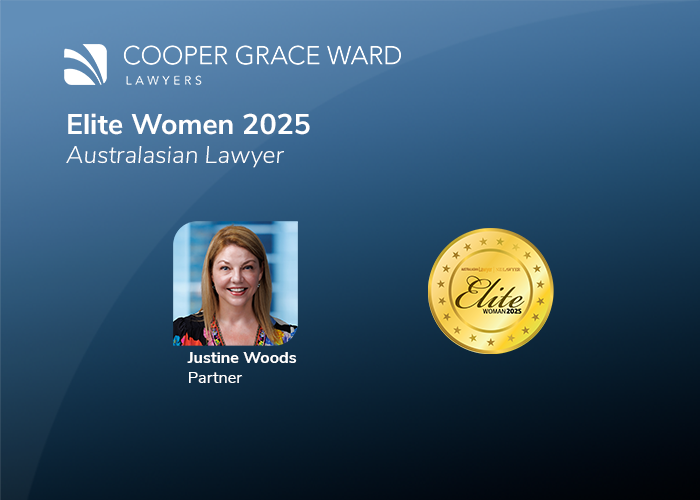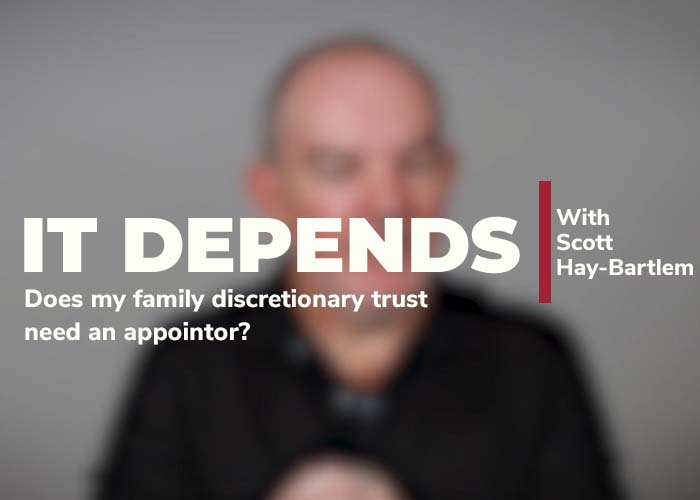On 1 July 2013, the Department of Immigration and Citizenship (DIAC) introduced a raft of changes to the Temporary Work (Skilled) (Subclass 457) visa program that has created many areas of uncertainty. In particular, there are a number of amendments that affect current and future standard business sponsors.
E-lodgements
All applications in respect of 457 visas must now be lodged online.
Temporary Skilled Migration Income Threshold (TSMIT)
As 457 visa holders are generally not eligible for government benefits, a minimum salary threshold (or TSMIT) is set to ensure that 457 visa holders have sufficient money to support themselves in Australia. It also serves to protect migrant workers from being taken advantage of and ensure that the 457 visa program is only used for positions that require skilled and experienced workers, rather than entry-level positions.
TSMIT is indexed regularly to keep in line with the Average Weekly Earnings. As of 1 July, the TSMIT has been increased to $53,900.
Enforceable Undertakings
Previously, the enforcement framework of the 457 visa program only included administrative sanctions, an infringement notice scheme and a civil penalty scheme. The Migration Act has now been amended to provide the Minister with two additional actions that he may take against an approved sponsor who fails to satisfy an applicable sponsorship obligation:
1. The Minister can now accept an enforceable undertaking from an approved sponsor to take specified action, or refrain from taking specified action, to comply with a sponsorship obligation, either now or in the future.
2. If the Minister considers that the approved sponsor has breached the enforceable undertaking, then they can apply for a court order.
An enforceable undertaking is a court-enforceable promise made between the Minister and a sponsor. The aim of enforceable undertakings is to provide flexibility in addressing underlying non-compliance issues based on the circumstances of the individual case. They are currently used by a large number of government departments with great success.
Increase in inspectors
There are currently only 32 DIAC inspectors who are empowered to monitor compliance with sponsorship obligations. The amendments to the Migration Act provide Fair Work Inspectors (including the Fair Work Ombudsman) with the necessary powers and functions to investigate compliance with the program, in addition to the DIAC inspectors.
Training benchmarks
DIAC previously had limited recourse against sponsors who did not maintain a level of expenditure each year on training of Australian citizens and permanent residents, as sponsors were only required to make a ‘commitment’.
The regulations have now been amended to introduce an ‘obligation’ to require sponsors to meet a training benchmark throughout the term of their sponsorship. This will enable DIAC to take administrative action, serve an infringement notice, or potentially pursue civil proceedings against sponsors who are found to have contravened this obligation.
Sponsors are also now required to keep records of training and related expenditure to evidence compliance with the new obligation.
Restriction on numbers
Previously, sponsors were able to sponsor and nominate unlimited workers for 457 visas. The regulations have now been amended to restrict the number of Subclass 457 visa workers that a business can nominate to the number approved in the application for sponsorship approval.
A sponsor will have the ability to apply for an increase through a new application on which DIAC will reassess their eligibility to use the 457 program and ensure that they are using the program as a supplement to the Australian labour market, rather than a substitute for it.
However, if a sponsor has been given Accredited Status by DIAC then there is no limitation on the number of 457 visa holders that it can sponsor.
Genuine criteria
Sponsors must now satisfy DIAC that the occupation they are nominating is genuine. Where DIAC has doubts as to the genuineness of the role, further assessment will be undertaken. Factors that DIAC have listed as indicators that a role may not be genuine are:
- the proposed employee is a relative or personal associate of an officer of the sponsoring business;
- the proposed employee is a director of the sponsorship business;
- the salary level is inconsistent with other workers in the occupation;
- the tasks of the proposed position do not include a significant majority of the tasks of the nominated occupation as listed in the ANZSCO dictionary;
- the proposed position does not fit broadly within the scope of the activities and scale of the business; and
- the business is an overseas business and is seeking to employ the visa holder with an associated entity in Australia.
Market salary rate assessment
The market salary rate provisions have now been expanded to apply beyond the particular workplace to that workplace’s regional locality.
Where there is no equivalent Australian worker, the employer is still required to satisfy DIAC that the terms and conditions of employment are appropriate for that location and industry. However, this is not necessary for 457 applicants whose salary is more than the market salary assessment exemption threshold of $250,000 (also increased from $180,000).
Start-up business sponsorship restriction
The term of sponsorship for start-up businesses is no longer the same as standard business sponsors. Instead, it has been amended to an initial 12 months and all subclass 457 visa holders sponsored by start-up businesses are limited to an initial 12 month visa.
Passing on of costs restriction
Sponsors were obliged to not recover costs from sponsored 457 visa holders. However, DIAC had concerns about sponsors circumventing the regulation by requiring a visa holder to pay certain costs up front (before being sponsored) thereby avoiding the act of ‘recovery’.
Therefore, the Regulation has been amended to ensure that sponsors are solely responsible for meeting certain costs, building on the current sponsorship obligation on sponsors not to recover certain costs.
Fee increases
There have also been a number of fee increases to reflect the cost of processing and administering nominations and applications.
Conclusion
These changes outlined above are only a selection of the wider reform of the Temporary Work (Skilled) (Subclass 457) visa program.
We recommend that visa applicants and sponsor/nominator employers contact our Migration Agents team to ensure that they are not caught out by these amendments. For more information, contact David Grace, Partner, Migration Agent 0742590 on (07) 3231 2421 or Belinda Winter, Partner, Migration Agent 1280120 on (07) 3231 2498.




